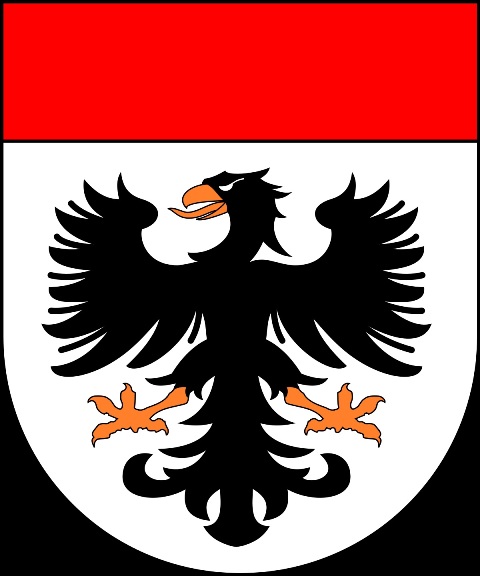Difference between revisions of "Aarau"
Tao alexis (talk | contribs) (Created page with "'''Aarau''' is a town in the Principality of Berne, situated on the Aar River, in the Aar Valley at the foot of the Jura Mountains, 41 mi. northeast o...") |
Tao alexis (talk | contribs) |
||
| Line 1: | Line 1: | ||
| + | [[File:Aarau Coat of Arms.jpg|right|245px|thumb|Aarau Coat of Arms]] | ||
'''Aarau''' is a town in the Principality of [[Berne (principality)|Berne]], situated on the Aar River, in the Aar Valley at the foot of the Jura Mountains, 41 mi. northeast of Berne. Aarau has a large cantonal library with rare manuscrips and incunabula (books printed using metal type before the year 1500). An ancient tower, the Rathaus, and other quaint buildings give it a picturesque aspect. | '''Aarau''' is a town in the Principality of [[Berne (principality)|Berne]], situated on the Aar River, in the Aar Valley at the foot of the Jura Mountains, 41 mi. northeast of Berne. Aarau has a large cantonal library with rare manuscrips and incunabula (books printed using metal type before the year 1500). An ancient tower, the Rathaus, and other quaint buildings give it a picturesque aspect. | ||
Revision as of 04:00, 17 April 2023
Aarau is a town in the Principality of Berne, situated on the Aar River, in the Aar Valley at the foot of the Jura Mountains, 41 mi. northeast of Berne. Aarau has a large cantonal library with rare manuscrips and incunabula (books printed using metal type before the year 1500). An ancient tower, the Rathaus, and other quaint buildings give it a picturesque aspect.
Nearby are the ruins of Habsburg Castle, destroyed during the Thirty Years' War, along with the town of the same name, which was not rebuilt prior to 1650. The castle was originally built about 1020; the town was granted municipal rights by Rudolph of Habsburg, and in 1415 it was taken from the Habsburg family by the Berne princes.
Goods produced in and around Aarau include iron2R, salt, cotton and silk cloth, cement, bells2R, precision tools and knives. Population (c.1650), 1,353.
